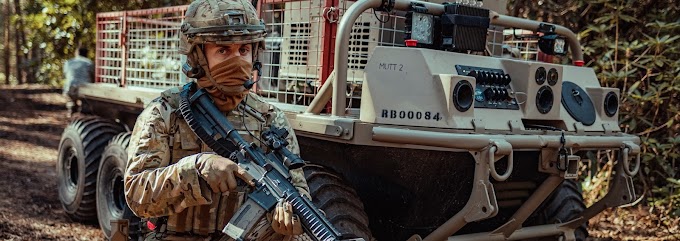War against Taliban
War against Taliban, Americans are deeply divided over the war in Afghanistan. Politicians, journalists and religious leaders both support and criticize the U.S. military response. How does this affect the way you think about the war? How impact the way you identify with the troops? What makes this a partisan issue or does it have universal appeal? The film """"War on Taliban"""" examines these issues from a series of interviews with Americans who support or oppose the war.
Every day for the past seven years, children across the country have taken part in ceremonies marking the anniversary of the Battle of Killian Hill. Today, as the tenth anniversary of this devastating conflict draws near, it’s important that all Australians know just how much this nation has contributed to the effort to defeat the Taliban. If you haven’t already done so, please consider making a donation to the World Food Programme to support their efforts in Afghanistan.
The United States has been fighting the war on terrorism for more than eleven years. Since September 11, 2001, more than 2,000 people have been killed in Afghanistan as a result of violent clashes between the Taliban and coalition forces. In order to keep this tragedy at bay, the United States has relied heavily on aid from some unlikely sources. Pakistan has been one of the top recipients of U.S. funds and has provided the U.S. with valuable military and intelligence data against the Taliban. But with close ties between the two countries now strained due to incursions by Taliban forces into U.S.-held territory, will these relationships be enough to maintain Washington's policy of supporting democratic changes within
The War on Terror has been a key element in the United States' global strategy since the attacks of September 11, 2001. Tarpley describes it as a """"socialist/communist hybrid"", using words like """"counterinsurgency"""" and """"nation-building"""" to describe a strategy that emphasizes winning popular support instead of achieving political objectives through peaceful means. The phrase came into popular use during the Bush administration, but it dates back to at least the 1952 American Political Science Association's Model Penal Code campaign
The long war is over. The war on terror is over. The time for indifference is over. Since the beginning of my involvement in counter-terrorism in 2005, I have been searching for a way to leave a lasting impression on those who will read about our work. Perhaps no issue was more important than the fight against global terrorism. We couldn't allow this enemy to win. We had to do everything we could to protect our country and world from a cancer created by our own government.
The US is currently embroiled in a conflict with the Taliban in Afghanistan. The war has been in place for over eleven years and thousands have lost their lives. The rhetoric coming out of Washington DC and its surrounding region is extremely heated. Politicians decry the violence taking place while simultaneously claiming they are unable to fulfil their promises to bring an end to the conflict. Meanwhile, the average American is left wondering what exactly they are supposed to do in the months leading up to the withdrawal date.
It was 14 years ago this week that the United States launched its biggest and costliest campaign in history against the Taliban in Afghanistan. More than 2,400 US troops were killed in the fighting and hundreds of thousands were displaced from their homes, according to statistics kept by the Public Conflict Management Board established by the US Congress.











0 Comments